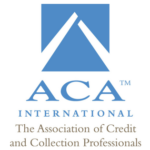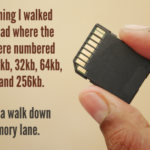The Ninth Circuit Court of Appeals has partially upheld and partially reversed a lower court’s summary judgment in favor of a defendant that was accused of violating the Fair Credit Reporting Act by providing additional disclosures when informing an individual about conducting a background check.
A copy of the ruling in Gilberg v. California Check Cashing can be accessed by clicking here.
The plaintiff applied for a job and signed a form entitled “Disclosure Regarding Background Investigation.” After working for the defendant for five months, the plaintiff quit her job and then filed a class action lawsuit against her former employer. The plaintiff accused the defendant of violating the FCRA by failing to make the proper disclosures. Under the FCRA, employers are required to make a “clear and conspicuous” disclosure of the intention to conduct a background check.
A District Court judge granted summary judgment in favor of the defendant, ruling that the disclosure complied with the FCRA, which the plaintiff appealed to the Ninth Circuit.
The Ninth Circuit ruled that the standalone disclosure provided by the defendant violated the FCRA. In looking at another ruling it issued in Syed v. M-I, because the disclosure provided by the defendant did not consist solely of the FCRA disclosure, but also included other state disclosures as well, it did not satisfy the FCRA’s standalone document requirement.
“Because the presence of this extraneous information is as likely to confuse as it is to inform, it does not further FCRA’s purpose,” the Ninth Circuit wrote in its opinion, ruling that the disclosure was conspicuous, but not clear, as required under the FCRA.









